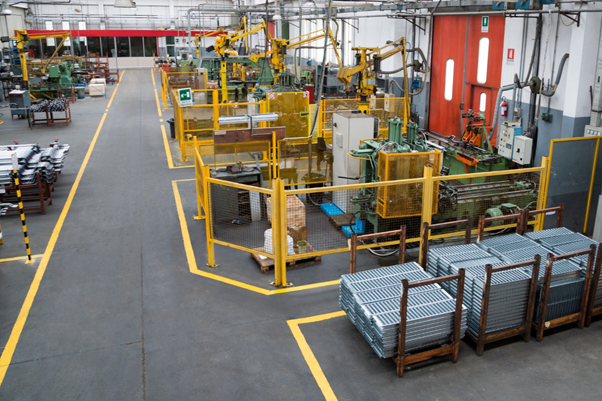Despite the COVID-19 pandemic, there were over 12 million manufacturing employees in the United States in 2020. Lately, there has been a lot of manufacturing myths hovering over the industry.
More specifically, American manufacturing myths are a hot topic around the country. Ready to learn the truth about American manufacturing?
Keep reading to find out the most common myths and the real truth behind them.
American Manufacturing Is in Decline
American manufacturing is one of the largest manufacturing chains in the world. Debunking this myth is easy by checking the numbers through MAPI Foundation.
U.S. manufacturers produce parts for other companies through domestic and international sectors.
Manufacturing Is a Bad Career Choice
Many jobs in the manufacturing industry are through low-labor-cost countries. However, U.S. manufacturing gains jobs as well.
There are U.S.-based jobs at foreign-owned manufacturers that increase as well. These jobs have been steadily increasing since the global recession years ago.
The different types of manufacturing jobs are all great career choices for their stability and low turnover rate. Manufacturing jobs also tend to offer better benefits than service industry employers.
Manufacturing Is Not Needed
Because innovation is occurring at such a fast pace, it’s impossible to believe that manufacturing is not needed. New product development will continue to occur throughout lifetimes.
Capital goods cannot be created efficiently without the help of U.S. economic stability.
Manufacturing Is Harmful to the Environment
Although this is not entirely true, there is some truth to it. Not all manufacturing processes are great for the environment.
Lean manufacturing is a concept that can be a key driver between positive environmental outcomes and profits. The lean model offers more responsive and precise order-delivery systems by forecasting customer demands.
U.S. manufacturers can positively impact the bottom line by operating in the lean environment. It offers room for cost-cutting and increases efficiency.
Lean manufacturing companies cut down on energy usage, raw material consumption, pollution, and waste. Over the long run, there are more positive environmental outcomes and environmental improvement overall.
Plus, multiple manufacturing methods don’t need lead methods at all because they don’t hurt the environment.
For example, hot foil stamping has a lot of benefits. Read more about it at https://universalengraving.com/product-pages/nw-dies-tooling/rotary/copperflex.
Robots Are Replacing Manufacturing Workers
The manufacturing process needs human workers to get the job done. Although automation is changing how manufacturing jobs work overall, it doesn’t mean it is replacing workers.
Instead, human workers work alongside automation machines to optimize them for efficiency. Jobs are becoming easier and safer with automation, but not replacing human workers.
American Manufacturing: The More You Know
American manufacturing looks a lot different than it did decades ago and will look even more different decades from now. Because of the changes, there are a lot of manufacturing myths out there.
When you know the truth about manufacturing processes and jobs, you are equipped to make an opinion based on the facts. Manufacturing continues to bring jobs to the economy and finds ways to avoid economic backlash.
For more informative articles like this, check out the other posts on our website.

